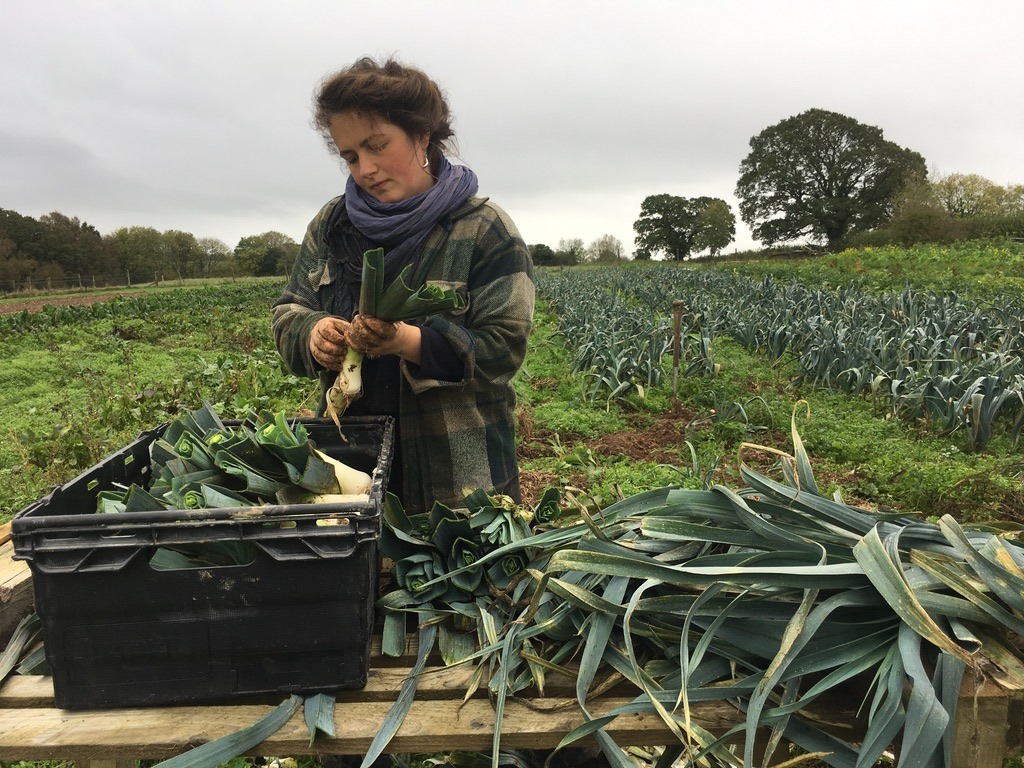Market Regulation and CAP | ECVC Publication

The European Union common market, internal to the EU, is set up to boost competitiveness among the countries and regions. It has negative impacts on farmers, citizens and the planet. Production is concentrated and de-localised, particularly as not all countries have the same costs of production. For example, France and Germany have low production costs on dairy products because of its agro-climate conditions and has developed a very strong dairy industry, while Spain and Italy have lower productions costs on fruits and vegetables because of weather conditions and level of wages for agricultural workers. This leads to a specialisation of production: Spain’s dairy production is declining, while France there is reduced fruit and vegetable production. This destroys jobs, increases the distance between producers and consumers, is bad for the environment, and also leads to intra-EU dumping.
At present, market regulation measures are used on a non-compulsory basis to manage sectoral crises, but this kind of safety net does nothing to resolve the precariousness and unsustainability that farmers face in terms of making a fair and decent living. Furthermore, there are inequalities of access to market between central and out-skirt EU countries and the current market status quo is too well-established. Retail powers have too much power for farmers to tackle alone through collaboration. In fact, farmers within the EU are affected by many internal unfair trading practices within the EU food supply chain. Big retailers have all the bargaining power, leaving farmers vulnerable and at the mercy of retailers that face supplier payment delays, market access restrictions, exploitative changes to contracts, sudden cancellations of contracts, they have to stand direct commercial risks, are overcharging for different services and the unconditional return of merchandise that was contracted. Farmers end up with unsold merchandise that is thrown away, eventually leading to them stopping farming altogether
Ensuring that farmers receive fair prices for their work is central and changes the way they can produce food. If they are constantly put under pressure from other actors in the supply chain to sell at cheaper prices, as is the case now, they are left with little option but to cut costs. Food is a basic and essential right and as such it is in the best interests of all to ensure that people have access to healthy, fresh, local and affordable food, by guaranteeing fair prices for farmers through market regulation. i.e. using tools and measures to control and oversee who can sell what on the market and at what price.
The European Coordination of Via Campesina (ECVC) that comprise several peasant and small-scale food producer organizations in Europe has created an informative fiche to explain how different types of market regulation could help make today’s food systems more sustainable. You can download the PDF version here.
Cover Image: LWA/UK
